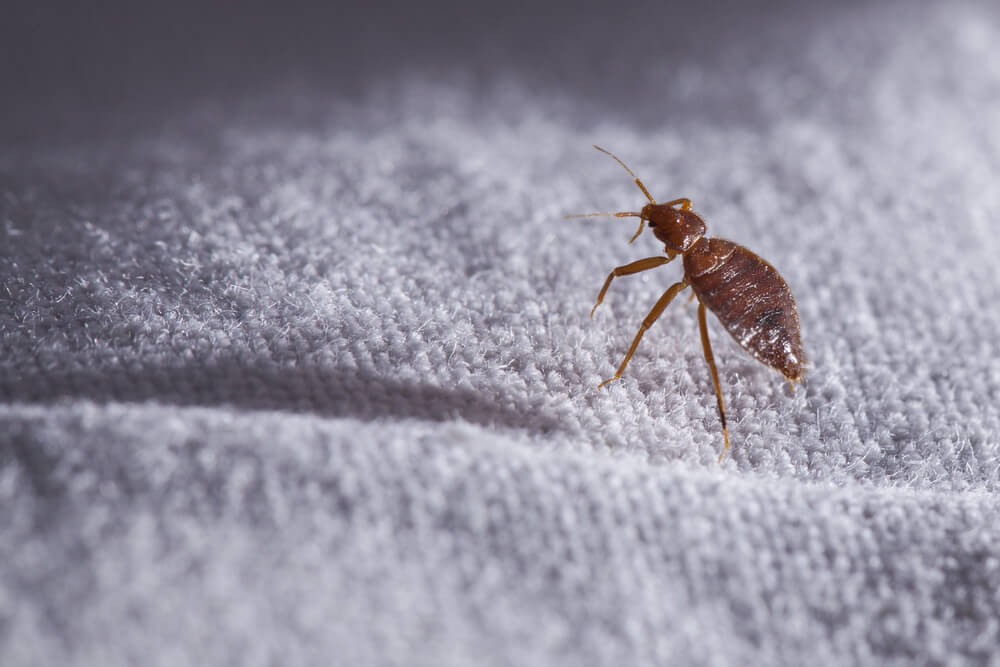The presence of these brown colored parasites is quite unnerving. Bedbugs feed on human blood, especially at night. The carbon dioxide you breathe out and your body heat attracts them to the bed. These nocturnal parasites hide in the mattress, couch, clothing, and other such places. Therefore, anyone can fall victim as they hop from host to host. They are spread by visitors in your home, public transport such as trains and even hotel stays.
When choosing the best pest control company, pick one that uses an effective combination of chemical and non-chemical procedures to eliminate the bed bugs. Because bed bugs an elusive threat, it’s crucial to deal with them effectively since they reproduce very quickly, making them hard to control.
Signs of bedbugs in your residence
- The presence of itchy mosquito-like bites on your arms and legs could be a sign of bed bugs in your home. However, this is not proof enough that your bed is bug- infested.
- If you find blood spots in your bed sheets or around the seam of the mattress cover, search the bed further. The black markings or red spots are the fecal matter of a well-fed bed bug having sucked its hosts’ blood. It could also be blood drips from the pest as they make their way back to their nest-which could be your bed frame.
- If the bed bugs are too many, your bedding and other infested areas will emit a distinctive odor. The parasites have a unique smell like well-ripened raspberry or almonds.
- If you scrutinize areas such as electrical outlets, the couch, you’ll see an apple seed-sized brown colored insect. They can also appear swollen and reddish if they’ve just fed. Their bodies are flat or bloated if they’ve recently fed.
Bed bugs lay eggs in their nests and then hide. They’re likely to hide in dark areas such as cracks and crevices in the floor and walls, picture frames, box springs, mattresses, inside drawers, behind wall mirrors.
Treatment
- As much as bedbugs are hitchhikers, keeping clean and tidy can help remove them immediately they set in your house.
- Wash, and change the bedding frequently
- Sun your mattress, pillows, curtains occasionally.
- Vacuum clean carpets and other areas that are not easily accessible in your routine cleaning.
How to use oils to deal with bedbugs
- Tea Tree Oil-This is a natural insecticide that effectively kills the pest by destroying its membrane. Mix two teaspoons of this oil with 50 ml of water. Spritz it in the parasite infested regions. Repeat the procedure for the next few days for good results.
- Lemongrass oil- Citronella has properties that react to an acidic reaction in the pest, killing the parasite together with their eggs. To 10 drops of lemongrass oil, add 5 drops of water, and then spray in the infested areas.
- Lavender oil- Mix it with peppermint oil in equal portions, add water, and shake. This combination kills the bugs and destroys the eggs too.
Other oils that can help include neem oil, clove oil, and eucalyptus oil.









